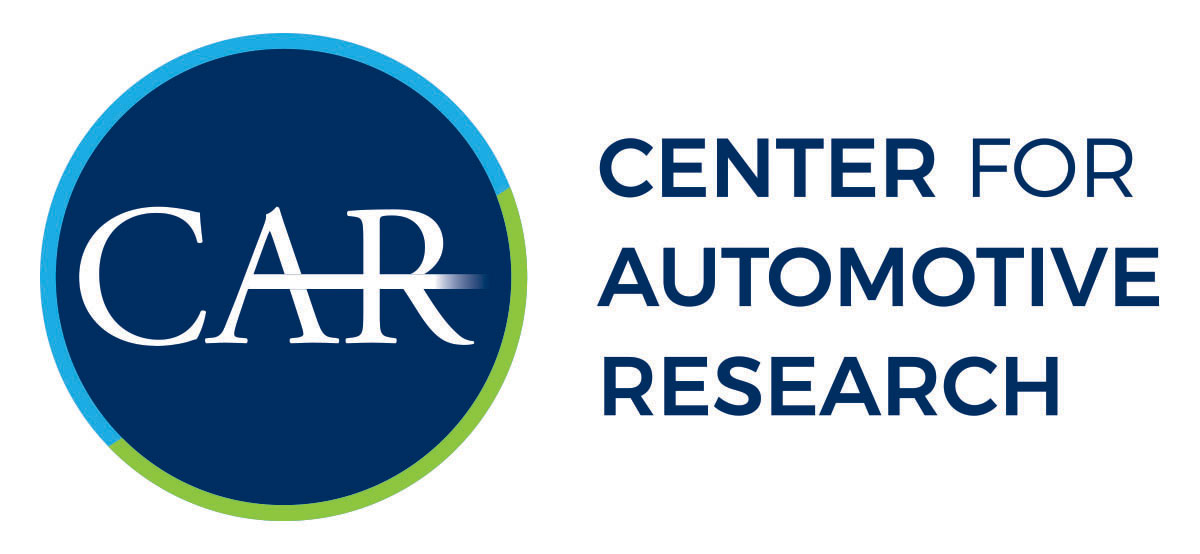CAR Events are designed to disseminate key research, update stakeholders on critical industry issues, and foster discussions among industry thought leaders to share their insights and solutions to meeting the challenges of an ever-evolving global automotive industry.

- This event has passed.
North American International Detroit Auto Show
September 13, 2023 - September 24, 2023
Experience the world-famous Detroit Auto Show with your friends and family. Over 20+ attractions, events, and shows all about vehicles and the ever-growing technology behind them.
For information on how to partner with CAR on an event, or to put our conference experience to work for you, please contact the CAR Marketing Team at [email protected].
